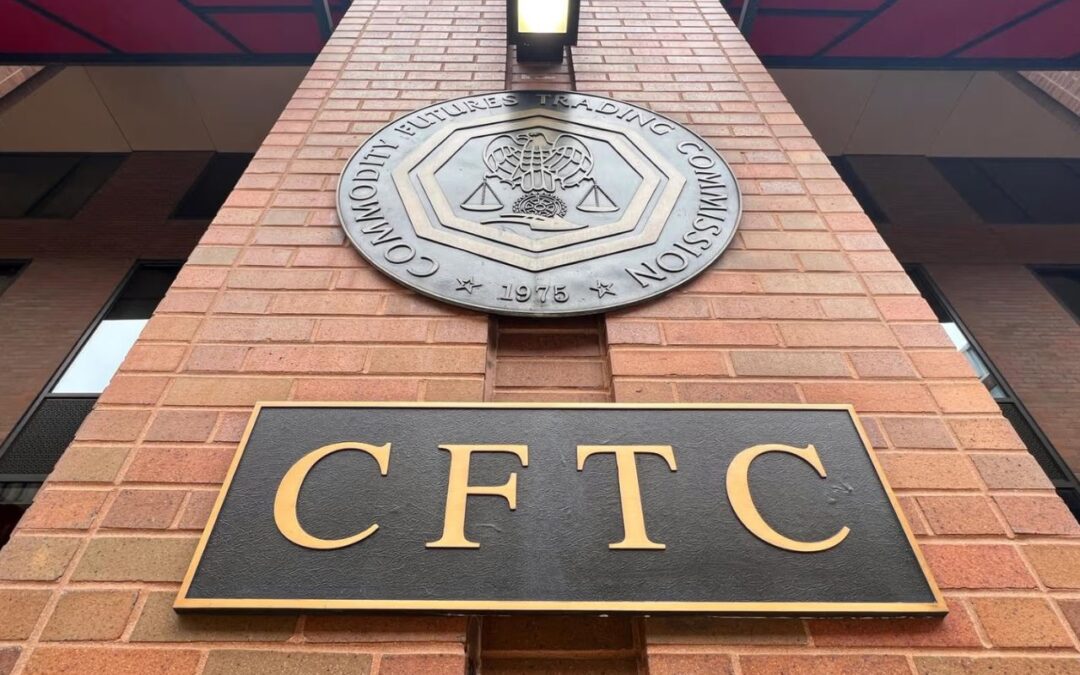Synopsis: Engaged in regulatory overhaul, President Trump nominates pro-crypto lawyer Michael Selig to head CFTC, signaling a major policy shift favoring cryptocurrencies and market innovation.
In a move that could reshape America’s crypto future, President Donald Trump has nominated Michael Selig to lead the U.S. Commodity Futures Trading Commission. The White House announced the decision on October 25, calling Selig a “forward‑thinking regulator” ready to turn the nation into a global crypto hub. His nomination arrives at a critical time when Congress is debating bills that may redefine how digital assets are policed across financial markets.
Selig’s appointment, if confirmed, would mark the first major leadership change under Trump’s second‑term economic team. Acting Chair Caroline Pham has led the CFTC since April, following years of regulatory uncertainty. Many in the crypto industry view Selig’s entry as a clear signal that the administration intends to shift from enforcement to innovation.
A Veteran With Deep Market Roots
Michael Selig, 43, is no stranger to Washington’s financial corridors. A graduate of George Washington University Law School, he began his career at the CFTC under former Chairman J. Christopher Giancarlo, known for his pro‑crypto stance. Over two decades, Selig built a reputation as a bridge between traditional markets and emerging technology.
In private practice at Willkie Farr & Gallagher, he advised major funds and exchanges on derivatives, swaps, and compliance. Later, as Chief Counsel for the SEC’s Crypto Task Force, he helped coordinate policies between the SEC and the CFTC. That experience, many believe, makes him uniquely suited to end the agencies’ long rivalry over jurisdiction. Frankly, such cooperation is long overdue.
When confirming his nomination on X, Selig wrote that “a Great Golden Age for America’s Financial Markets” lies ahead. Many saw it as both optimism and conviction that crypto must now sit at the heart of U.S. finance.
Crypto’s Strongest Advocate Yet
Unlike some past regulators, Selig never hid his pro‑crypto views. As the SEC’s senior advisor, he called Bitcoin and similar digital assets “fungible commodities” rather than securities. He closely analyzed the SEC’s case against Ripple, arguing that XRP should not face the same legal scrutiny as securities. His stance earned praise from industry leaders such as Ripple’s Chief Legal Officer Stuart Alderoty, who said, “No one is better suited to harmonize the SEC and CFTC on crypto.”
Supporters applaud Selig for pushing “innovation with guardrails” instead of blanket enforcement. Critics, however, warn that a lighter touch could spark unchecked speculation. Still, given the stagnation under previous leadership, a policy rethink seems both necessary and timely. The crypto market, now valued above $4 trillion, clearly needs pragmatic rules that encourage growth without compromising safety.
What Comes Next for U.S. Crypto Policy
Trump’s choice of Selig follows months of turbulence after former nominee Brian Quintenz withdrew under pressure from major crypto donors. The administration, backed by Crypto Czar David Sacks, insists that Selig’s nomination will restore stability and momentum at the understaffed CFTC. Senate hearings are expected later this year once the ongoing government shutdown ends.
If approved, Selig would steer implementation of the CLARITY Act, which reclassifies many tokens as commodities and expands CFTC oversight. That shift could place digital assets like Bitcoin squarely under his agency’s watch. Industry insiders say such clarity could unleash institutional participation and finally align U.S. policy with global standards.
Written By Fazal Ul Vahab C H

